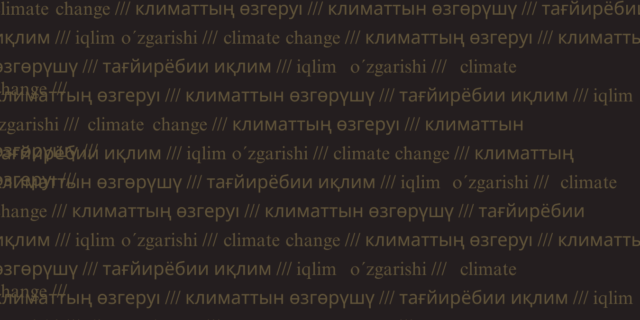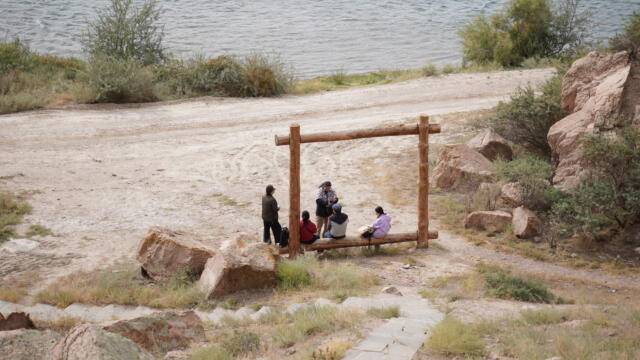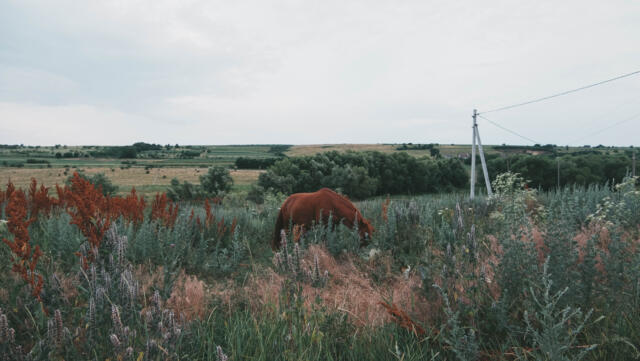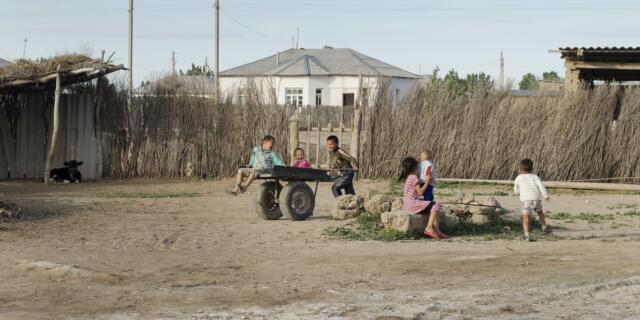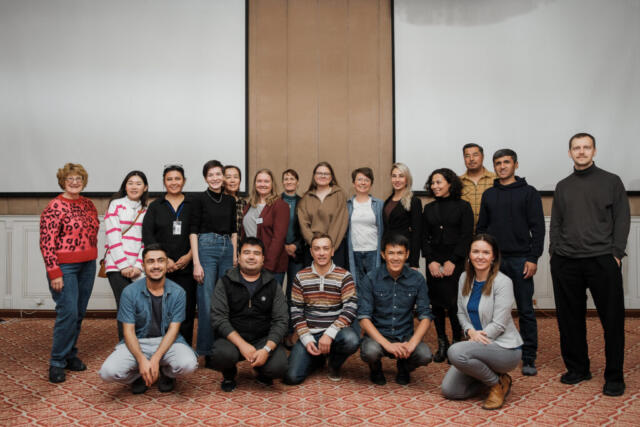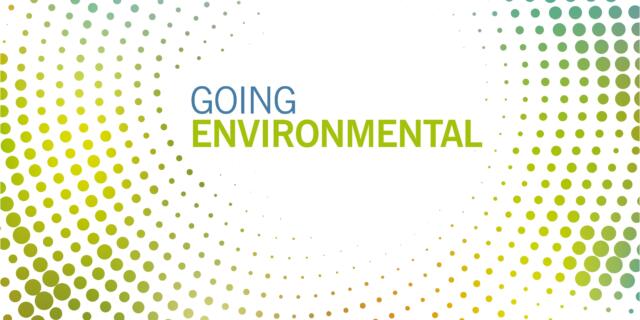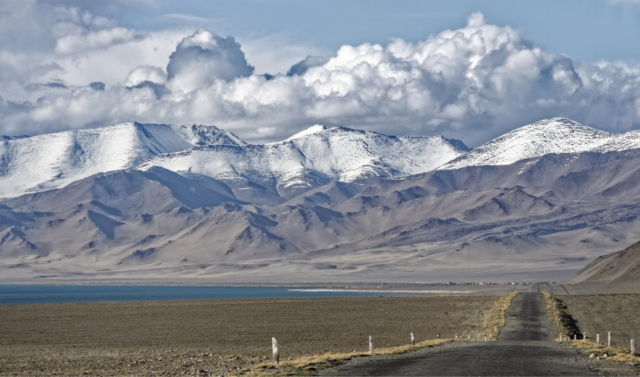Participants engaged in intensive sessions covering EU and regional climate neutrality goals, climate adaptation, and the energy transition. The presentations highlighted challenges such as weak adaptation governance, climate finance gaps, and the impact of centralized energy systems, which have proven especially vulnerable since the start of Russia’s war in Ukraine. Speakers also explored intersectionality in climate justice, emphasizing that vulnerable groups—especially women and low-income populations—are disproportionately affected by climate impacts.
Experts from CAN EECCA, UNDP, and Green Alternative illustrated how countries in the region are struggling with outdated or politically convenient climate strategies. For example, hydropower is often prioritized, despite issues with seasonality, lack of data, and limited public consultation—problems vividly exemplified by the controversial Namakhvani HPP project in Georgia.
A key moment of the workshop was the field trip to Digomi Meadow, a rare urban green space in Tbilisi. Participants learned how local activists successfully protected this wetland from urban development, showcasing the power of grassroots mobilization and nature-based solutions in urban climate adaptation. Later in the day, the group visited the viewpoint near Jvari Monastery, overlooking a major hydropower plant, where they discussed the tension between Georgia’s hydropower-heavy energy strategy and its environmental risks—especially in the context of changing river flows due to climate change.
That evening, participants joined a public event at the Frontline Club Tbilisi titled “Energy Politics in Russia’s Neighbouring States One Year After the Full-Scale Invasion of Ukraine.” The panel explored how the war has accelerated the push for energy independence, highlighted the risks of fossil fuel dependency, and emphasized the importance of decentralizing energy systems while scaling up renewables.










